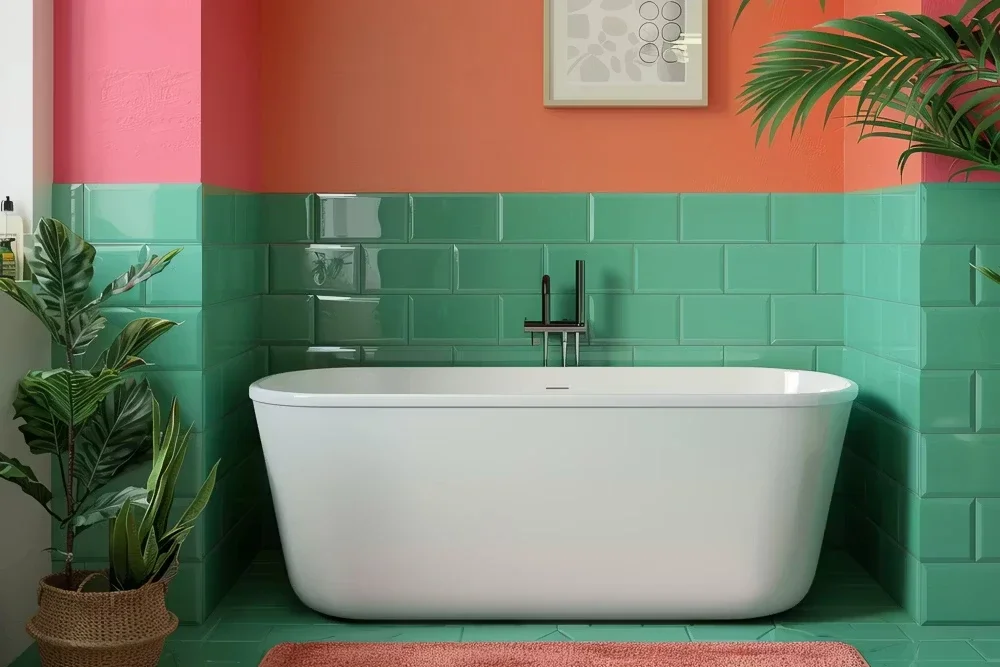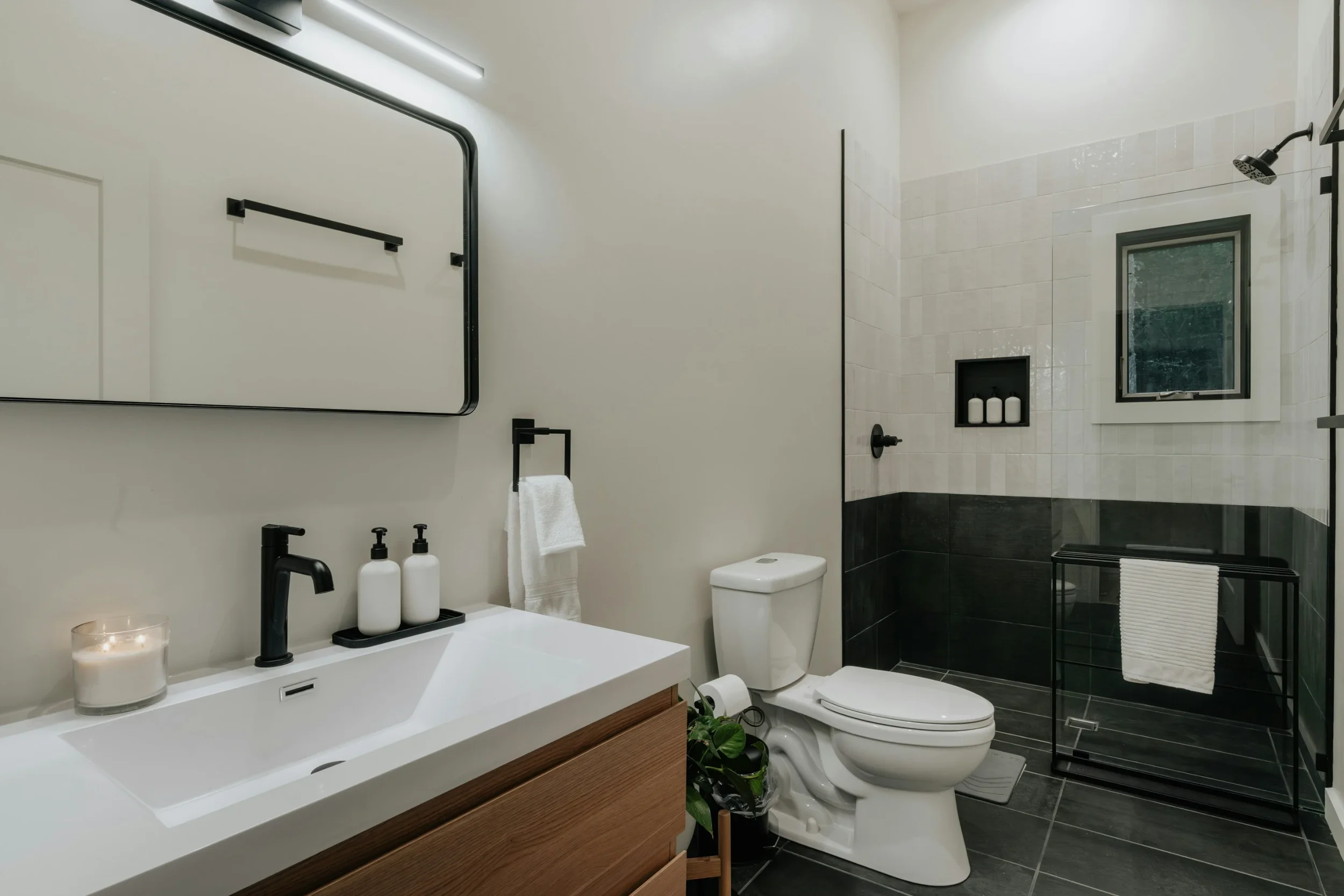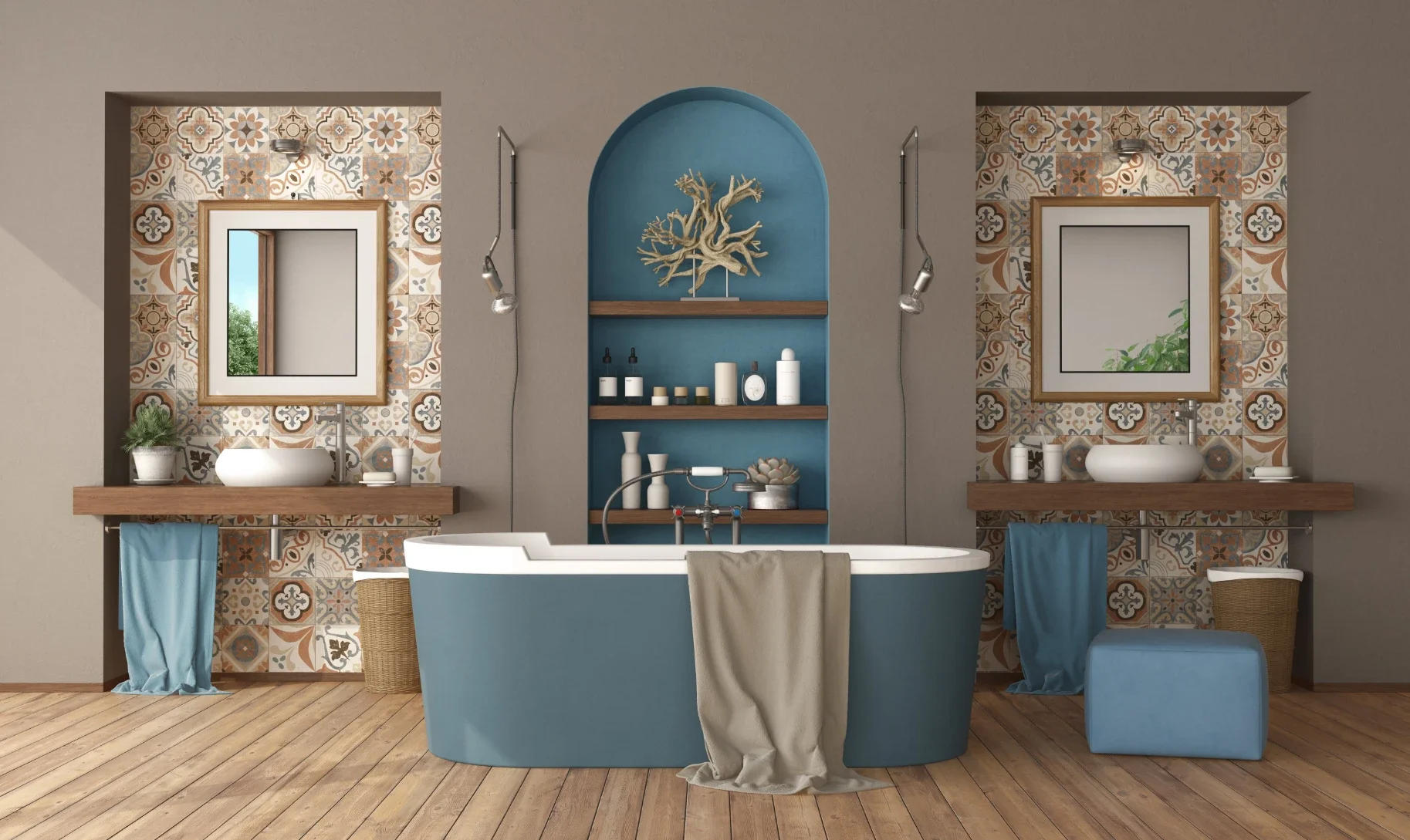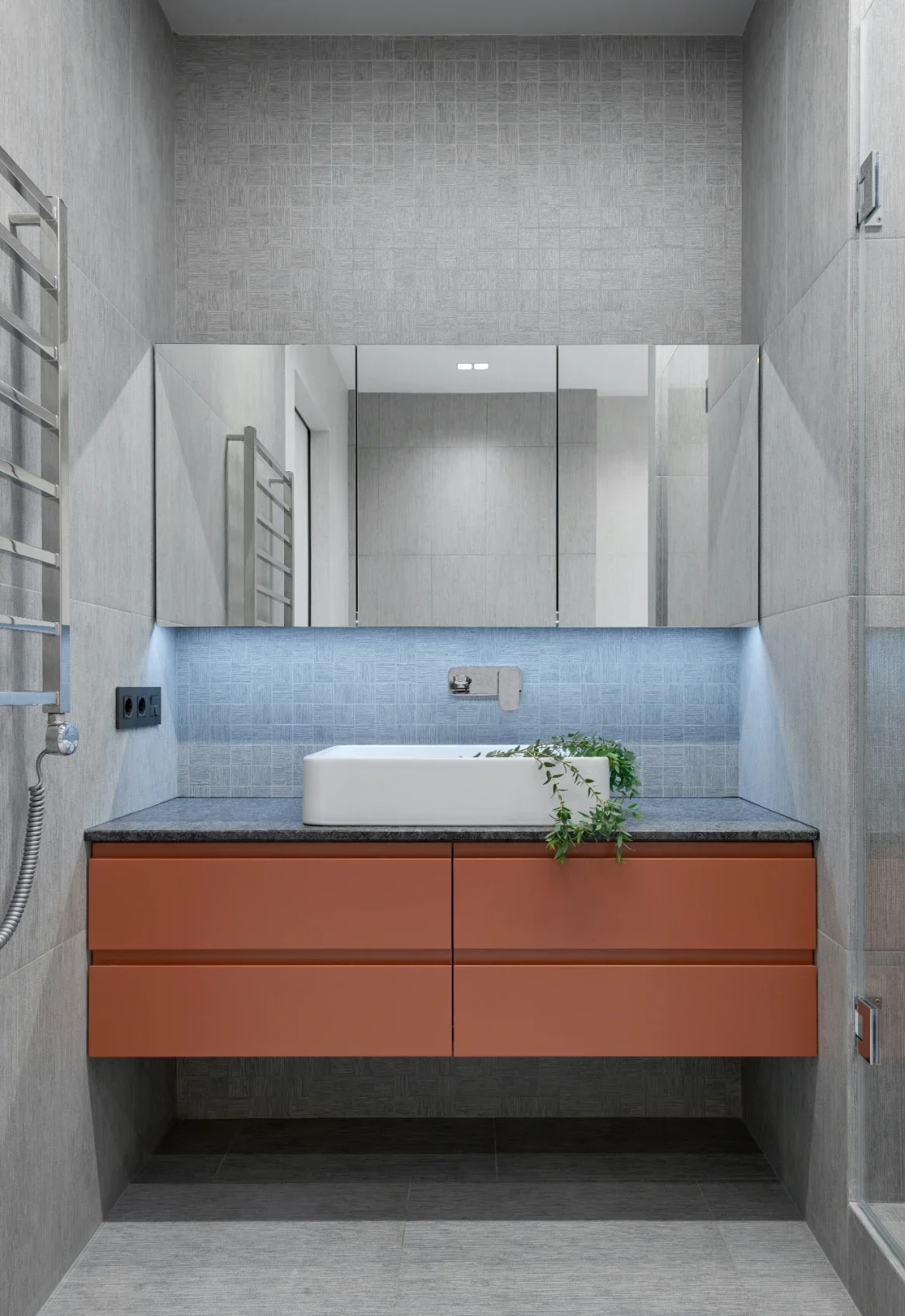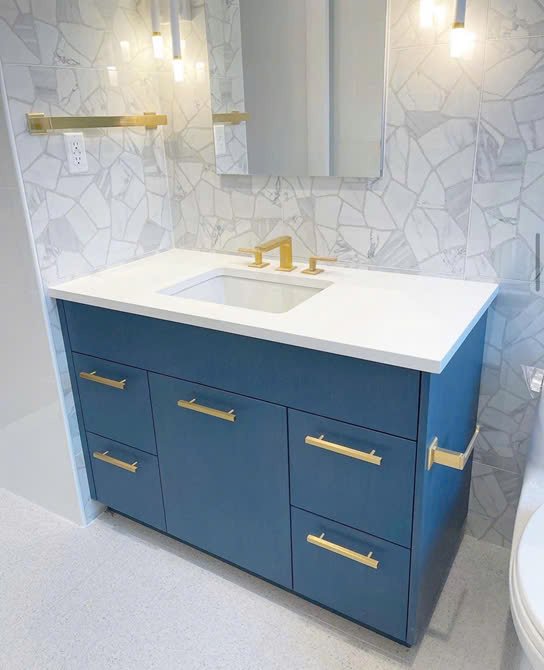Is a Tankless Water Heater Right for Your Home?
Explore the benefits and considerations of installing a tankless water heater to determine if it's the right choice for your home’s hot water needs.
Hot water is a must-have for showering, bathing, laundry, and washing dishes. But how often do you think about how your water is heated? Is it only when your traditional storage-tank water heater breaks down or you get shocked when you see your electricity bill?
If your existing water heater is failing and drawing too much energy to keep working, it is time to consider an alternative. Tankless water heaters offer an energy-efficient and sleek replacement.
Tankless Water Heating Technology
Conventional water heaters store pre-heated water in a tank. Tankless water heaters heat water on demand, negating the need for a storage tank. When you open the hot faucet, cold water flows through a heat exchanger. The exchanger heats the water using a gas burner or electric element.
Overall, tankless heaters save space and can lower your energy bill. This is mainly because tankless heaters do not heat and reheat stored water. However, keep in mind that their output limits the water flow rate.
Why You Should Consider a Tankless Water Heater
A tankless heater supplies endless hot water as long as the water supply and fuel source are sufficient. You will have enough hot water for a longer shower and to wash more than one load of laundry at a time. Tankless units eliminate standby heat loss because they do not store water, which helps boost their efficiency even more.
A tankless water heater is a good choice if you live in a compact home or apartment. It does not take up space that could be used for something else.
Potential Drawbacks of Tankless Water Heaters
If you want to have a tankless water heater in your home, there are several factors you must consider. While you will enjoy energy savings over the long term, your initial installation cost will be high.
Moreover, as mentioned above, tankless heaters have a limited flow rate. If you only install one, you may not have sufficient hot water for all your outlets. You can address this issue by installing two or more heaters, which will increase installation costs.
It is also important to note that you may observe temperature fluctuations if you open multiple hot water faucets simultaneously. If you install a gas-powered tankless heater, you will need a vent stack to expel fumes. This will add to your installation costs, especially if you live in an older home.
Does Your Home Need a Tankless Water Heater?
Tankless units work well in smaller households or homes with moderate hot water needs. They can also work for large families, but you must invest in multiple units. Otherwise, the system may be unable to keep up with the demand.
You should choose a tankless option compatible with your existing fuel source. Gas-powered models are typically more energy-efficient, but you can choose an electric option if you build a sustainable home.
Whichever option you choose, you should consult a plumber to inspect and assess your existing plumbing infrastructure. A plumber will tell you whether the infrastructure will handle increased water flow or whether your home needs a plumbing upgrade.
Installing a Tankless Water Heater
Installing and maintaining a tankless water heater depends on several factors, including climate, building codes, and safety issues. Safety is especially important when it comes to gas-fired water heaters. This is also why you should allow only a qualified plumbing contractor to install your tankless heater.
Before hiring anyone, get estimates from several companies and remember to check online reviews. You want a plumbing contractor who adheres to local building codes and regulations and will obtain the necessary permits.
Furthermore, check whether your region offers rebates or incentives for installing energy-efficient tankless water heaters. This is a good way to offset the costs of installation.

